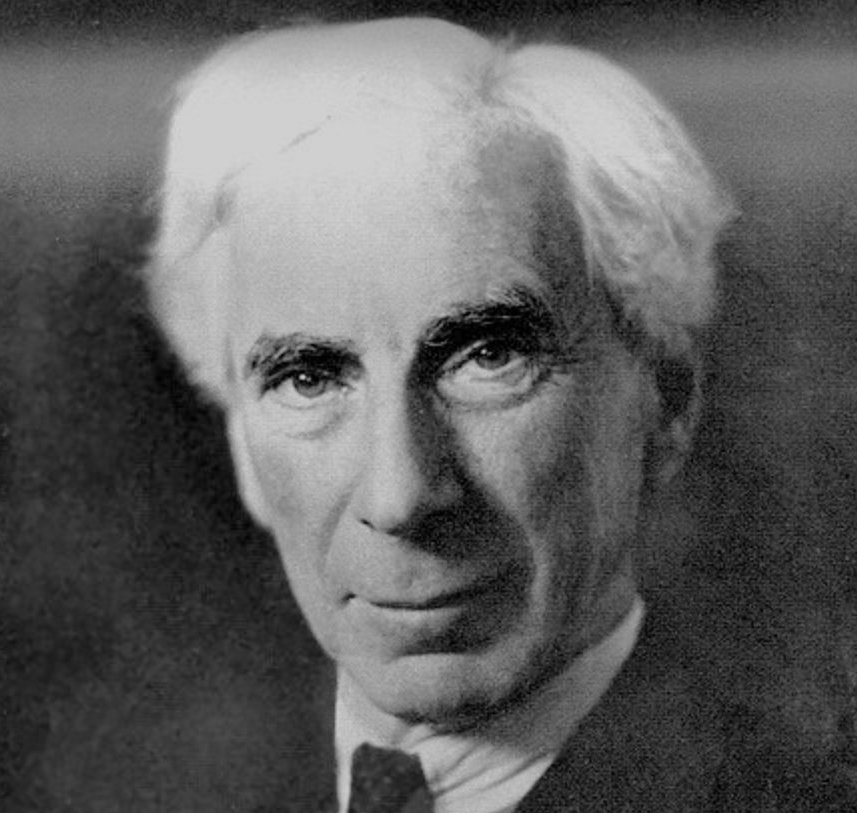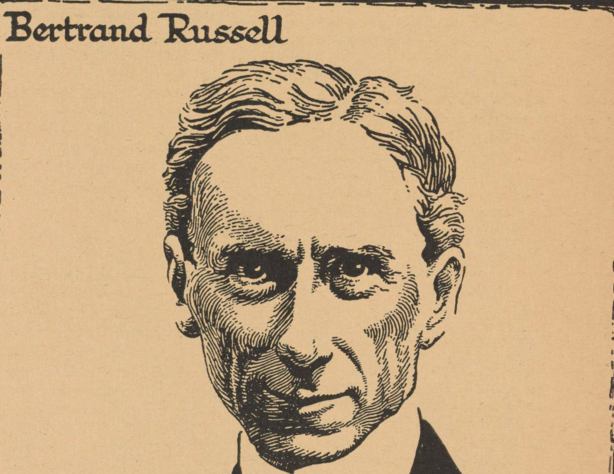This time of year, we see graduation speeches popping up all over the web. The commencement address as a genre focuses on the opportunities, challenges, and responsibilities graduates will face post-college, and often espouses timeless life lessons and philosophies. But this year, as you may have seen, esteemed documentary filmmaker Ken Burns took the opportunity of his graduation speech, presented to the 2016 class at Stanford University, to address the timeliest of issues: the upcoming presidential election and the threat of “an incipient proto-fascism.” The graduation just happened to fall on the same day as the deadliest mass-shooting in recent American history.
Voters are angry at the system, we’re told again and again, and frankly the overwhelming majority of us have every reason to be. But anger can be intoxicating, and the segment of the electorate that carried Donald Trump to power seems drunk with rage and hostility. The promise of Trumpism puts me in mind of historian and critic Richard Slotkin’s classic study of U.S. mythology, Regeneration Through Violence, which describes the nation’s compulsion to purge the country of threatening others in order to restore some myth of lost innocence. “I will give you everything, I’m the only one,” the candidate vows, while scapegoating group after group for the country’s problems.
In his Stanford commencement speech on Sunday, Burns decried “the dictatorial tendencies of the candidate with zero experience in the much maligned but subtle art of governance; who is against lots of things, but doesn’t seem to be for anything, offering only bombastic and contradictory promises and terrifying Orwellian statements.” The Republican candidate for president is “a person,” Burns said in his impassioned speech, “who easily lies, creating an environment where truth doesn’t seem to matter.”
As a student of history, I recognize this type. He emerges everywhere and in all eras. We see nurtured in his campaign an incipient proto-fascism, a nativist anti-immigrant Know Nothing-ism, a disrespect for the judiciary, the prospect of women losing authority over their own bodies, African-Americans again asked to go to the back of the line, voter suppression gleefully promoted, jingoistic saber-rattling, a total lack of historical awareness, a political paranoia that, predictably, points fingers, always making the other wrong. These are all virulent strains that have at times infected us in the past. But they now loom in front of us again — all happening at once. We know from our history books that these are the diseases of ancient and now fallen empires. The sense of commonwealth, of shared sacrifice, of trust, so much a part of American life, is eroding fast, spurred along and amplified by an amoral internet that permits a lie to circle the globe three times before the truth can get started.
We no longer have the luxury of neutrality or “balance,” or even of bemused disdain. Many of our media institutions have largely failed to expose this charlatan, torn between a nagging responsibility to good journalism and the big ratings a media circus always delivers. In fact, they have given him the abundant airtime he so desperately craves, so much so that it has actually worn down our natural human revulsion to this kind of behavior. Hey, he’s rich; he must be doing something right. He is not. Edward R. Murrow would have exposed this naked emperor months ago. He is an insult to our history. Do not be deceived by his momentary “good behavior.” It is only a spoiled, misbehaving child hoping somehow to still have dessert.
And do not think that the tragedy in Orlando underscores his points. It does not. We must “disenthrall ourselves,” as Abraham Lincoln said, from the culture of violence and guns. And then “we shall save our country.”
The words of Lincoln that Burns quotes come from the president’s annual remarks to congress in 1862, in which Lincoln made the case for the Emancipation Proclamation, one month before signing it. (A document, ironically, that Slotkin says “radically expanded the existing powers of the presidency” in its pursuit of a just cause.) In his address, Lincoln makes a forceful moral argument, all the more eloquent for its characteristic brevity.
Fellow-citizens, we cannot escape history. We of this Congress and this administration, will be remembered in spite of ourselves. No personal significance, or insignificance, can spare one or another of us.
Likewise, Burns—addressing future leaders at an elite institution—makes his case for heeding the lessons of history, considering posterity, and rejecting Trump, independent of partisan interests: “This is not a liberal or conservative issue, a red state-blue state divide. This is an American issue.” He also implores “those ‘Vichy Republicans’ who have endorsed him to please, please reconsider.” The horrific mass murder in Orlando has further inflamed what Burns calls “the troubling, unfiltered Tourette’s of [Trump’s] tribalism”—with renewed calls for bans on all Muslims, more inflammatory insinuations that the president colludes with terrorists, and bizarre allegations that a Clinton aide is a Saudi agent.
Trump did not invent this rhetoric of bigotry, conspiracy, and paranoia, but he has manipulated and exploited it more effectively than anyone else, to potentially disastrous effect. “The next few months of your ‘commencement,’ ” Burns says, “that is to say, your future, will be critical to the survival of our republic.” He urges the graduating Stanford class to take action: “before you do anything with your well-earned degree, you must do everything you can to defeat the retrograde forces that have invaded our democratic process.” Those processes may already be deeply compromised by moneyed interests, but destroying the edifice on which they’re built, Burns suggests, will hardly restore any supposedly lost “greatness.” Watch Burns’ full commencement speech above.
Related Content:
Ken Burns on the Art of Storytelling: “It’s Lying Twenty-Four Times a Second”
Noam Chomsky on Whether the Rise of Trump Resembles the Rise of Fascism in 1930s Germany
Princeton Historian Sean Wilentz on How Trump May Change (If Not Destroy) the GOP
J.K. Rowling Defends Donald Trump’s Right to Be “Offensive and Bigoted”
Josh Jones is a writer and musician based in Durham, NC. Follow him at @jdmagness



